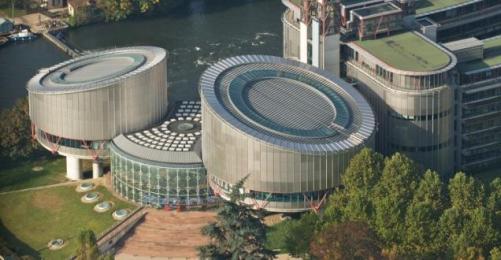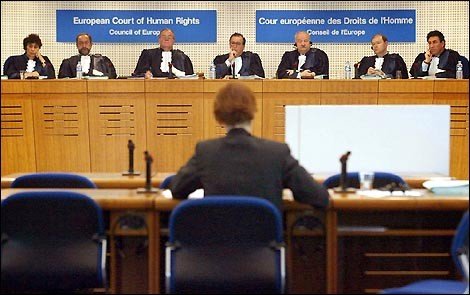The European Court of Human Rights (ECHR) sentenced Turkey regarding the case of Nur Radio TV on the grounds of a restriction of freedom of speech. Nur Radio TV had applied to the Strasbourg-based court because the Radio Television Supreme Council (RTÜK) had revoked the company's publication licence on the grounds of pro-Islamic publications.
In the decision published on Tuesday (12 October), the ECHR announced, "The Court [...] found that the breach of the freedom of expression of Nur Radyo Ve Televizyon Yayıncıliğı A.Ş. had not been necessary in a democratic society and that there had been a violation of Article 10 [of the European Convention on Human Rights]".
ECHR: "not necessary in a democratic society"
The ECHR declared, "The decision to revoke the broadcasting licence had been taken by the RTÜK on account of the repetition of the offences of which the applicant company was accused: in particular, after being banned temporarily for six offences, it was found to have committed a further offence by broadcasting its programme of 19 November 2001".
State Council closed file in 2005
"The Court noted that this had been a pirate broadcast, via satellite and terrestrial links, using a frequency that had not been allocated to the company and that came from Bursa, whereas the radio's broadcasting centre was in Istanbul. The Court further noted that the main reason why the RTÜK had found the applicant company to be responsible for that programme was because it reflected the editorial line of Nur Radyo. However, as regards the pirate broadcast in question, the Istanbul Criminal Court had acquitted the managers of the company for lack of evidence", the court continued.
"The Court thus took the view that it had been arbitrary to include the seventh programme in the aggregate assessment of the offences that led to the revocation. It concluded that the additional penalty imposed on the applicant on the basis of offences for which other sanctions had already been imposed was not compatible with the principle of the rule of law".
"By way of just satisfaction (Article 41) the applicant company had sought an award corresponding to the market value of the radio station, which it alleged to be 1,000,000 euros. The Court, however, did not consider itself to be in a position to award it any sum on that basis, as there was insufficient evidence in the case file for it to make a precise evaluation of the losses caused by the revocation of the broadcasting licence". (EÖ/VK)
Source: European Court of Human Rights.













